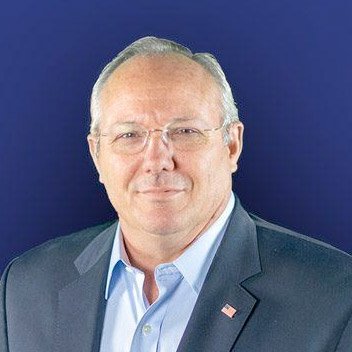The American legacy media landscape can now be characterized by a growing polarization, a tendency to sensationalize news stories, and most importantly has become a government propaganda mouthpiece. The most recent instance is the media’s treatment of Tucker Carlson, likely the most prominent American journalist and political commentator, for his decision to interview Russian President Vladimir Putin. The legacy media’s response to this interview and argue that the criticism of Carlson is unwarranted and potentially harmful.
Carlson announced that he had interviewed Putin in early February, sparking a wave of criticism from the mainstream legacy media. Many outlets and commentators accused Carlson of treason, being a Russian asset or sympathizer, and of giving a platform to a dictator.
The main criticism leveled at Carlson is that he is providing a platform for Putin, a controversial figure who is widely seen as an authoritarian leader and a threat to Western interests. Critics argue that by interviewing Putin, Carlson is legitimizing his actions and giving him a platform to spread propaganda.
However, this criticism is misguided for several reasons. First, it is important to note that many Western journalists have interviewed Putin in the past, including prominent figures such as Christiane Amanpour and Charlie Rose. These interviews have not been met with the same level of criticism as Carlson’s, suggesting that the media’s response is driven more by political considerations than by genuine concerns about journalistic ethics.
Second, the idea that interviewing a controversial figure is inherently problematic is misguided. In fact, one of the primary functions of journalism is to provide a platform for diverse perspectives and to hold those in power accountable for their actions. By interviewing Putin, Carlson is fulfilling this function and providing an opportunity for the public to learn more about the Russian leader’s views and motivations.
Third, the criticism of Carlson is particularly concerning given the broader context of media bias and polarization. In recent years, there has been a growing tendency for the media to present a one-sided view of events and to demonize those who hold different opinions. This has contributed to a climate of distrust and division, making it more difficult for people to engage in meaningful dialogue and to find common ground.
In this context, the legacy mainstream media’s treatment of Carlson is particularly troubling. By attacking him for simply doing his job as a journalist, the media is contributing to the polarization of the public discourse and undermining the very principles of free speech and open debate that are essential for a healthy democracy.
The legacy mainstream media’s treatment of Tucker Carlson for his interview with Vladimir Putin is unwarranted and harmful to the free society the free press serves. By criticizing Carlson for simply doing his job as a journalist, the media is contributing to a climate of distrust and division and undermining the principles of free speech and open debate. It is important for the legacy mainstream media to return to objectivity and to present diverse perspectives, even when they are controversial, in order to fulfill their role as a vital component of a healthy free Republic.



Leave a Comment
COMMENTS POLICY: We have no tolerance for messages of violence, racism, vulgarity, obscenity or other such discourteous behavior. Thank you for contributing to a respectful and useful online dialogue.